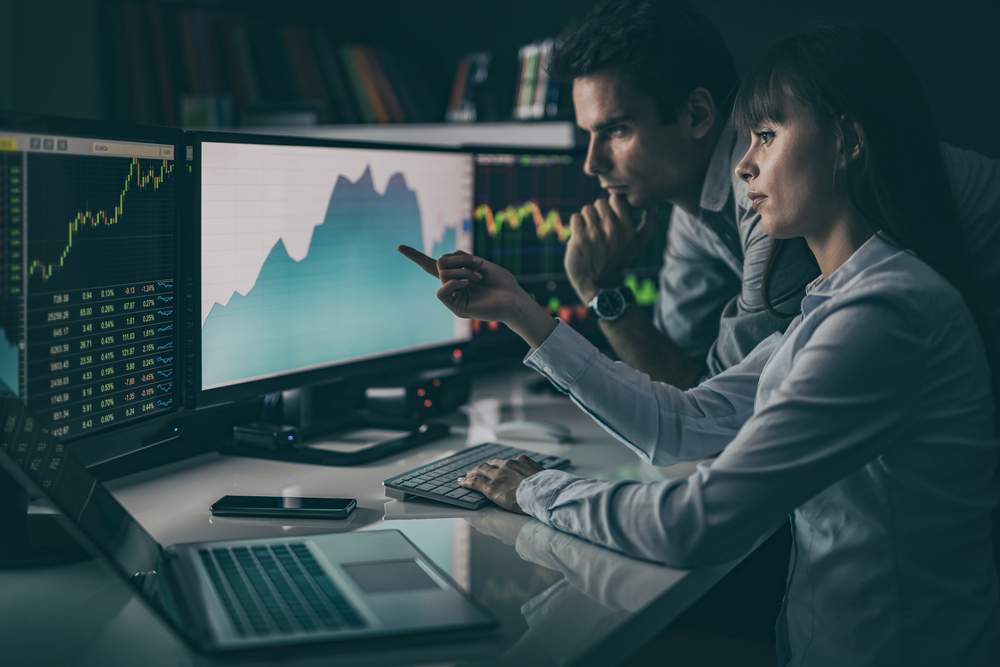Many of us use modelling to gain success. We observe who’s been successful in a particular career, and we model ourselves on that person. You might want to be the next Warren Buffett, so you look at how he invests, what investments he makes and crudely copy him.
It’s a bit tricky because he’s been investing for decades and he buys the financial system, not necessarily sectors or stocks. He doesn’t trade; he never goes short. He’s the poster boy and always cheerleading for the markets from the front.
When the 2008-2009 financial banking crisis and crash occurred, his firm Berkshire Hathaway bought banking stock such as Goldman Sachs. Why? Because he took the view that if GS toppled, it was all over, there would be zero-hedge. It was in some ways a brilliant intuitive roll of the dice, not the surgical strike he supposedly executes.
So, some of the deals Buffett takes you can’t because you’ll never have the account size (billions of dollars), vision, contacts or the experience. Would you have bought shares in USA banks when Lehman Bros was collapsing? Unlikely.
Similarly, many budding sports stars might imitate Serena Williams, the tennis star or maybe Ronaldo the footballer, copying not just their skills but their complete professionalism and dedication to their sport.
Both legends are still playing right at the highest level and well into their 30’s. Their diet, exercise routine, practice, personal lives etc. are all perfectly organised to ensure they give themselves the best chance of success.
FX traders should be no different; you need to organise yourself; you need to create a trading plan that you never violate, you need to practice, research and spend hours staring at charts and various timeframes for answers.
But unlike our budding sports stars, with forex trading, you don’t have heroes or examples of excellence to reference and copy. None of us can name the top twenty FX retail traders currently trading; we can’t state where, why and when they buy and sell FX pairs, what other securities they trade or where they rank in a league of prize money or trophies.
What modelling examples can we use, what professional experts can we admire and compare with trading FX? Let’s consider a surgeon.
A surgeon might train for ten years before they get classed as an expert in their field. This training is incredibly intense because of the enormous responsibility they have. Can you imagine the pressure having someone’s life in your hands?
But here’s a similarity between FX trading and surgery that you will appreciate, no two operations or days will be the same. The surgeon will be incredibly skilful, and they must remain calm and stoic under intense pressure.
They will have a team of colleagues supporting and assisting them in theatre. Irrespective of the health report, scans and x-rays for the individual patient they know once they open the patient up the plan can radically alter.
For example, a malignant growth might be more extensive than anticipated; the patient’s underlying health condition might cause an emergency. No two operations can be the same. A simple procedure booked in for two hours might take five.
Now we’re not suggesting that surgeons and FX traders are equals, we don’t have any one’s life in our hands. However, catastrophic decisions can wipe out our FX trading accounts and therefore affect the future wealth and prosperity of our families.
Our point is that as professional FX traders, we prepare every day for the unforeseen circumstances that will occur, like the surgeon who might ask the anaesthetist why the blood pressure of the patient has dropped and what remedy they should make. As forex traders we must make immediate decisions if the pressure (perhaps volatility) of our FX market suddenly drops. Like the surgeon, we rely on our expertise, experience, research and observational skills to make a precise decision. We put the plan into action we’ve rehearsed a thousand times before, and we must always have contingency plans in place if something goes badly wrong.


